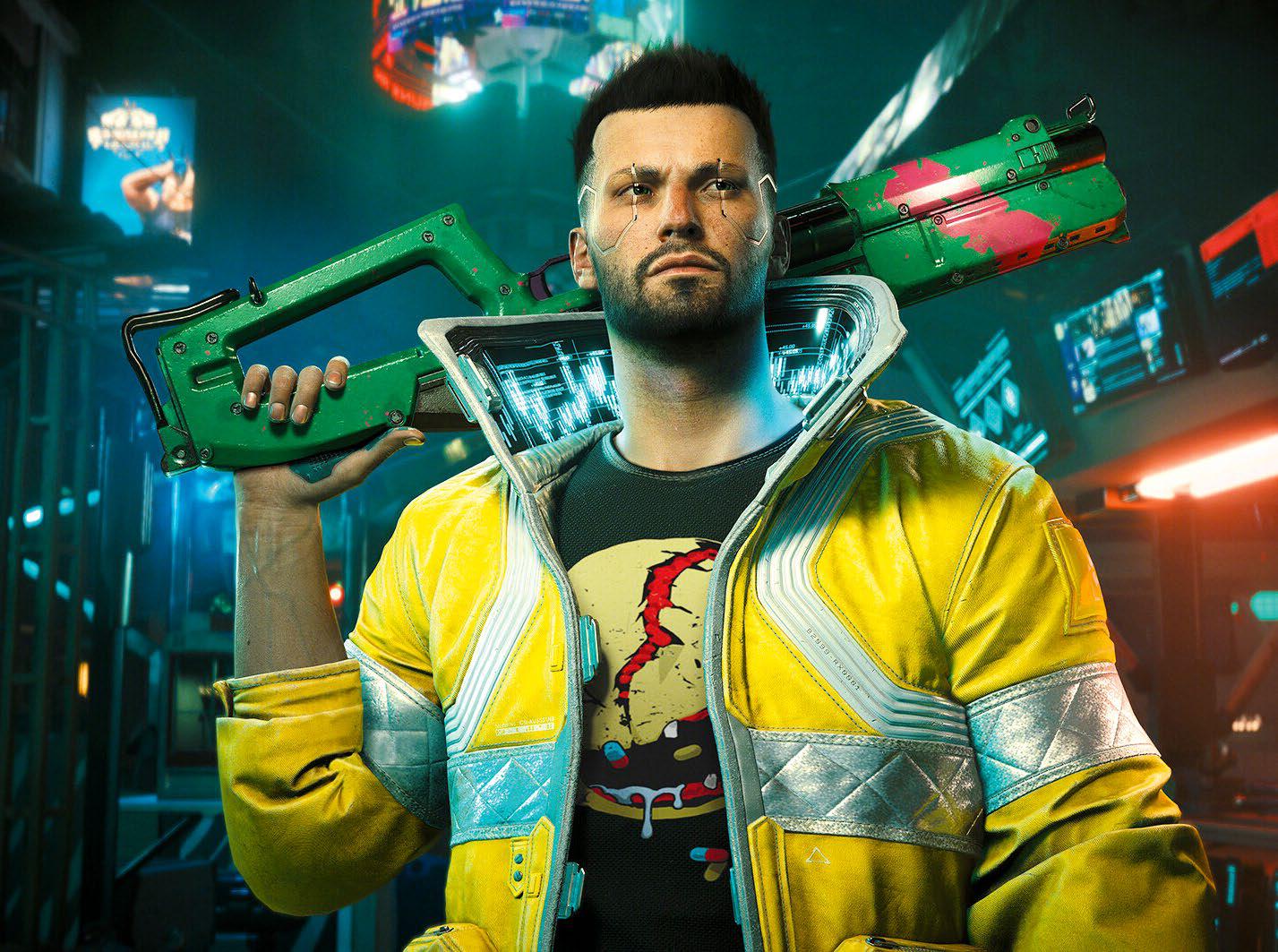
Look back down from the summit of Mount PC Gaming in 2023 to the base camp of 2013, and you’ll see quite a view. BioShock Infinite, Battlefield 4, Metro: Last Light and their bloom-soaked ilk were objects of life-affirming beauty in their day. They were the reasons we bought new graphics cards. And now look at them! A bunch of silly old garbage. What was the point in even making them, eh, Ken Levine?
As much as time’s stripped away the lustrous sheen from 2013’s triple-As, when you look back at them what’s striking is that the way PC graphics have evolved in the intervening decade has been pretty linear. That is to say, we’ve seen a continued refinement of the same techniques developers used back then – cheaper anti-aliasing with better image quality, more efficient texture streaming, smarter procedural generation, resource-friendly HBAO.
Native resolutions crept up slowly and 4K became less of a niche, but that hasn’t fundamentally changed the way our games look today. Ray tracing and AI-powered rendering techniques like DLSS and FSR have been the only notable disruptive techs in that time, opening the door to big leaps forward in specific areas (in the case of ray tracing, that area was the neon-lit puddles that have found their way into every game since 2019, no matter how shoehorned). So although the graphics of 2023’s most expensive PC productions look significantly higher in fidelity than their forefathers did a decade ago, the really big disruptive tech breakthroughs have been few and far between. If you don’t agree, consider what 1993 looked like in PC gaming compared to 2003. Cheers for that one, polygons. The decade ahead, though, looks like a very different proposition.
START YOUR ENGINES
This story is from the {{IssueName}} edition of {{MagazineName}}.
Start your 7-day Magzter GOLD free trial to access thousands of curated premium stories, and 9,000+ magazines and newspapers.
Already a subscriber ? Sign In
This story is from the {{IssueName}} edition of {{MagazineName}}.
Start your 7-day Magzter GOLD free trial to access thousands of curated premium stories, and 9,000+ magazines and newspapers.
Already a subscriber? Sign In

A New Dawn - The rise, fall and rise again of PC Gaming in Japan
The so-called 'Paso Kon' market (ie katakana's transliteration of 'Pasonaru Computa') in Japan was originally spearheaded in the 1980s by NEC's PC-8800 and, later, its PC-9800.

MARVEL: ULTIMATE ALLIANCE
Enter the multiverse of modness.

SLIDES RULE
Redeeming a hated puzzle mechanic with SLIDER
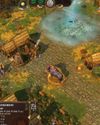
GODS AND MONSTERS
AGE OF MYTHOLOGY: RETOLD modernises a classic RTS with care

PHANTOM BLADE ZERO
Less Sekiro, more Wo Long: Fallen Dynasty

STARR-MAKING ROLE
Final Fantasy XVI's BEN STARR talks becoming a meme and dating summons
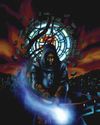
THIEF GOLD
Learning to forgive myself for knocking out every single guard.

HANDHELD GAMING PCs
In lieu of more powerful processors, handhelds are getting weirder
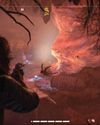
FAR FAR AWAY
STAR WARS OUTLAWS succeeds at the little things, but not much else shines
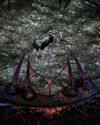
FINDING IMMORTALITY
Twenty-five years on, PLANESCAPE: TORMENT is still one of the most talked-about RPGs of all time. This is the story of how it was created as a ‘stay-busy’ project by a small team at Black Isle Studios